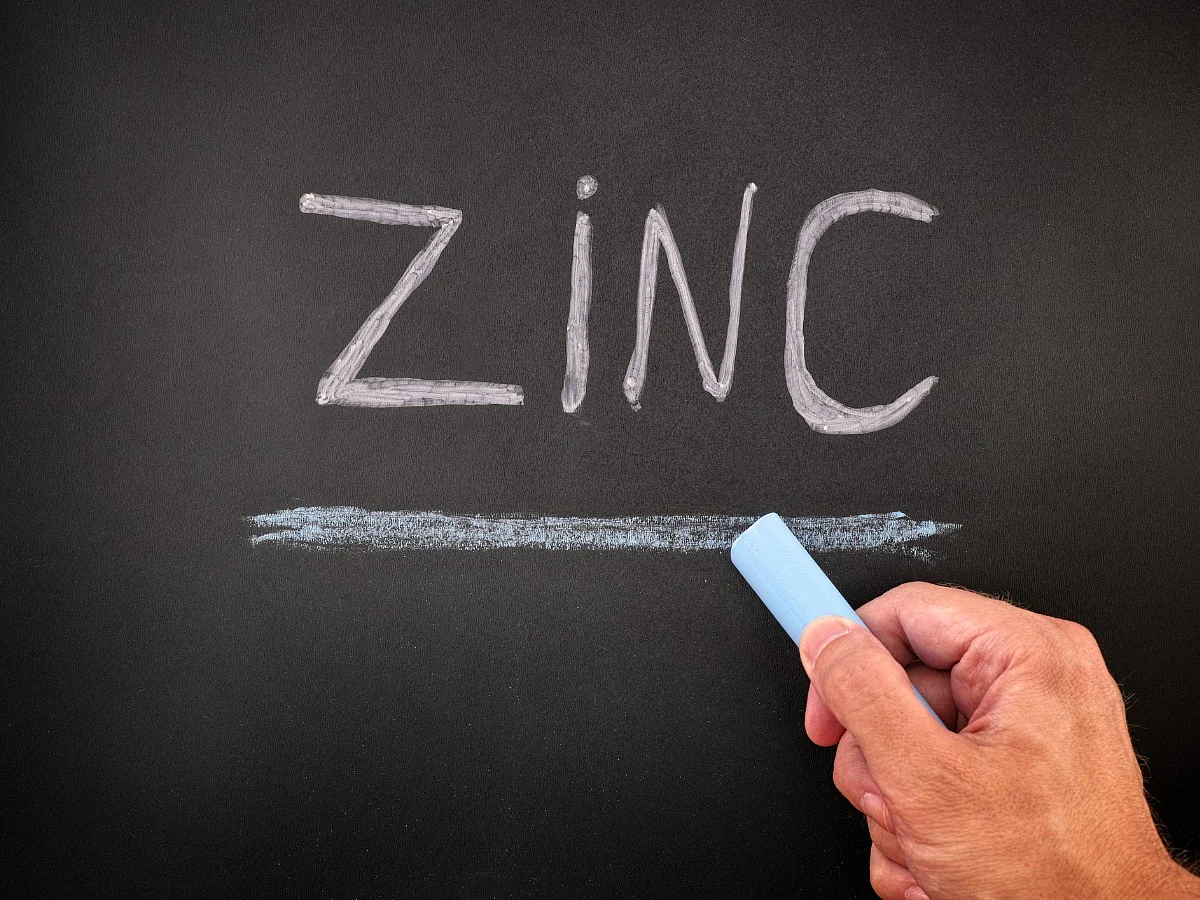Zinc Deficiency: Symptoms, Causes, Diagnosis, Treatment & Prevention
Check the signs and symptoms of zinc deficiency. Zinc is a nutrient that is not produced by the body.

advertisement
According to the doctors at Mayo Clinic, zinc is essential for the immune system and the metabolic system to function properly.
Zinc plays an important role in helping wounds heal and maintain the sense of taste and smell. It is important for women to consume at least 8 mg of zinc and for men to consume 11 mg of the mineral to maintain a healthy body.
The body can't really store or produce the nutrient. Therefore, it is important that you keep eating food rich in zinc to maintain a healthy functioning body. Zinc supports cell function, and helps enzymes, molecules, and chemical reactions to be at their best.
Zinc Deficiency Symptoms
According to Cleveland Clinic, symptoms of zinc deficiency can affect bodily functions and some of the most common zinc deficiency symptoms include:
appetite loss
slower growth
poor immune system function
delayed sexual maturity
diarrhea
eye and skin lesions
feeling lethargic
funny-taste sensations
hair loss
poor wound healing
unexplained weight loss
Men and boys may even experience impotence and hypogonadism, which happens when a male’s body does not produce enough testosterone.
What Is the Main Cause Of Zinc Deficiency?
According to Mayo Clinic, there are three main causes of zinc deficiency:
not eating foods rich in zinc
losing excess amounts of zinc from the body through poor absorption
people with chronic conditions
alcohol addiction
cancer
celiac disease
chronic diarrhea
chronic kidney disease
chronic liver disease
Crohn’s disease
diabetes
pancreatic disease
sickle cell disease
Zinc Deficiency Test
A doctor may suggest a blood test or urine test to check zinc levels but these may not always give a definitive result since zinc is only present in small amounts in the body’s cells.
A doctor will need to take note of full health history, ask questions about a person’s dietary intake, and make sure if a person takes enough calories daily or eat enough variety of foods to make sure the nutrient is consumed.
Zinc Deficiency: Treatment & Prevention
Zinc supplements are available in the market and supplements can contain different amounts of elemental zinc (the weight of the actual zinc molecule) and are labeled as zinc gluconate, zinc sulfate, or zinc acetate.
Make sure to check the information about how much elemental zinc is available in each type. You can also try to increase your intake of zinc-containing foods like:
oysters
beef chuck roast
fortified breakfast cereals
baked beans
yogurt
chickpeas
instant, plain oatmeal
milk
Make sure to include lean meats, fruits, vegetables, and dairy products in your diet. You can also soak beans in water before cooking them to reduce the presence of phytates thus making it easier for the body to process the zinc.
Choose leavened grain products to help reduce the number of phytates, increasing the amount of zinc for the body to use.
(At The Quint, we question everything. Play an active role in shaping our journalism by becoming a member today.)